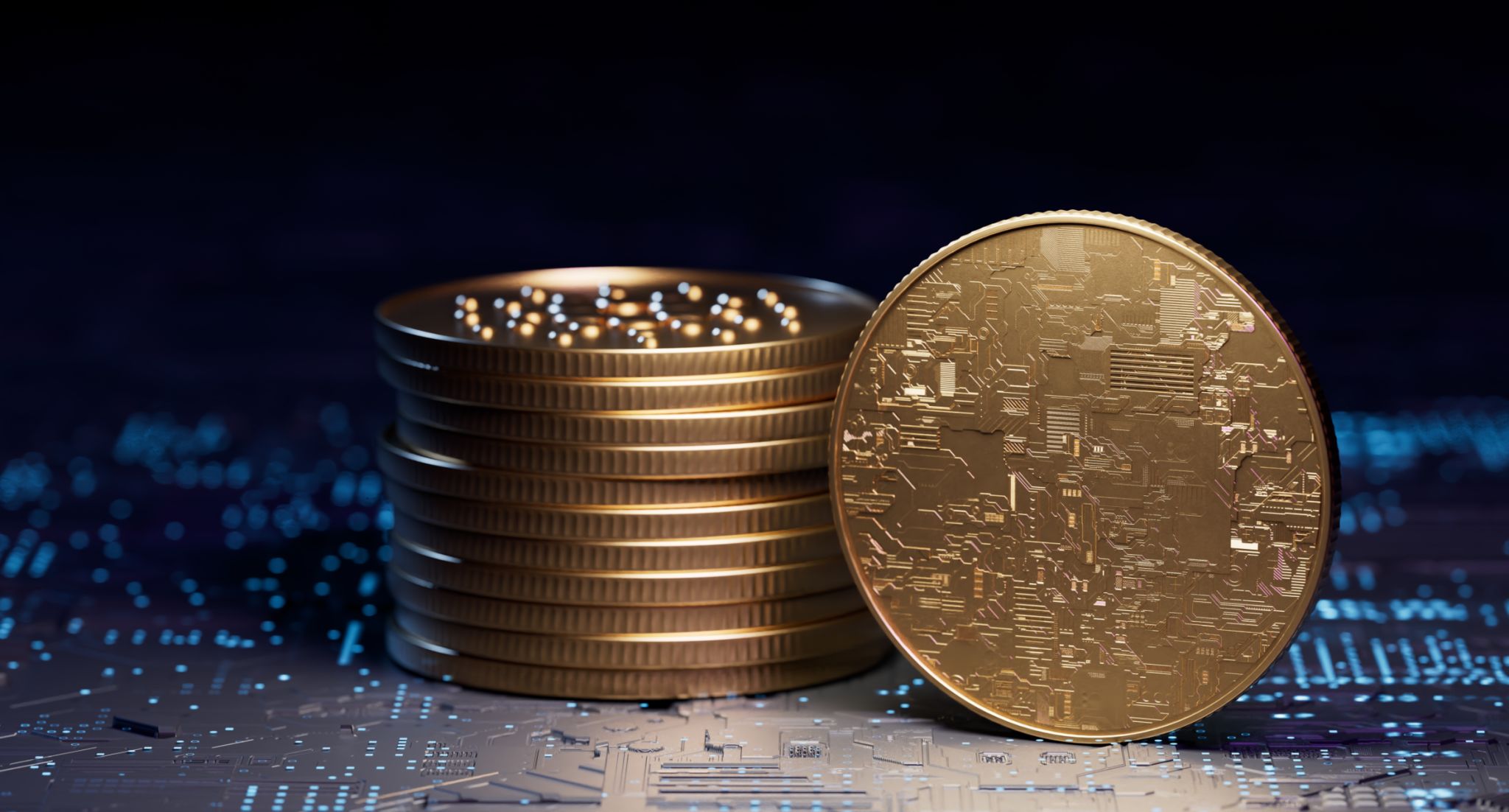The Ultimate Guide to Tokenizing Assets in Puerto Rico
AG
Understanding Asset Tokenization
Asset tokenization is revolutionizing how we perceive and interact with ownership, especially in places like Puerto Rico, where innovation meets opportunity. By converting tangible and intangible assets into digital tokens on a blockchain, individuals and businesses can unlock unparalleled liquidity and access to global markets.
Tokenization involves creating a digital representation of an asset, which can be anything from real estate to art, on a blockchain. This process increases transparency, reduces transaction costs, and allows for fractional ownership, making it easier for more people to invest.

Why Puerto Rico?
Puerto Rico has become a hotspot for blockchain and cryptocurrency initiatives due to its favorable regulatory environment and tax incentives. The island offers a unique blend of U.S. jurisdictional benefits while maintaining its own financial policies that attract innovators and investors alike.
Moreover, Puerto Rico's strategic location and growing tech community provide an ideal setting for exploring new financial technologies like asset tokenization. Investors and entrepreneurs are increasingly drawn to the island as a hub for fintech development.
The Legal Landscape
Before diving into asset tokenization in Puerto Rico, it's crucial to understand the legal framework. The island follows U.S. federal law, but it also has its own local statutes that can affect how tokenized assets are managed and traded.
It is essential to consult with legal professionals familiar with both blockchain technology and Puerto Rican law to ensure compliance and smooth transactions. Key considerations include intellectual property rights, securities regulations, and tax implications.

Steps to Tokenize Assets
Tokenizing an asset involves several critical steps:
- Identify the Asset: Determine which asset you wish to tokenize and assess its suitability.
- Choose a Blockchain Platform: Select a platform that meets your security and scalability needs.
- Create Smart Contracts: Develop contracts that will govern the token's behavior on the blockchain.
- Legal Compliance: Ensure that all regulatory requirements are met.
- Launch Tokens: Mint and distribute the tokens to investors or buyers.
Benefits of Tokenization
The advantages of tokenizing assets are numerous. For one, it democratizes investment opportunities by allowing fractional ownership, meaning more people can participate in markets that were once restricted to wealthy individuals or institutions. Additionally, blockchain technology ensures transparency and security in transactions.
Tokenization also facilitates quicker and more efficient transactions, as the need for intermediaries is significantly reduced. This streamlining can lead to lower costs for both issuers and investors.

Challenges and Considerations
Despite its advantages, asset tokenization is not without challenges. Legal ambiguities, technological hurdles, and market volatility can pose significant risks. Carefully navigating these aspects is crucial for successful tokenization projects.
Working with experienced professionals in legal, technological, and financial sectors can mitigate these risks and guide you through intricate processes effectively.
The Future of Asset Tokenization in Puerto Rico
The future looks promising for asset tokenization in Puerto Rico. As technology evolves and regulations catch up, the potential to transform traditional financial systems becomes increasingly feasible. The island's proactive approach to embracing blockchain technology places it at the forefront of this financial revolution.
Whether you're an investor seeking new opportunities or an entrepreneur looking to innovate, Puerto Rico offers a fertile ground for exploring the potential of asset tokenization. Embracing this trend could unlock new paths for economic growth and innovation.
